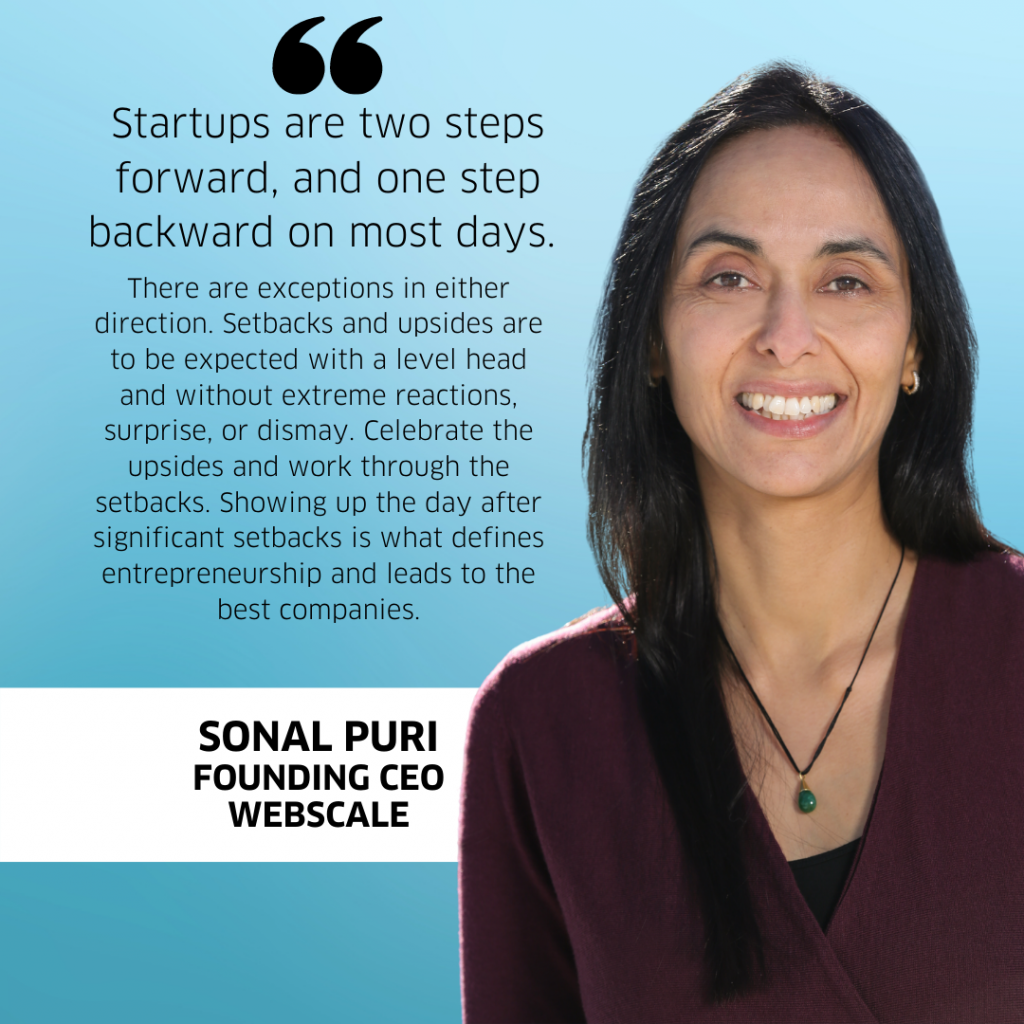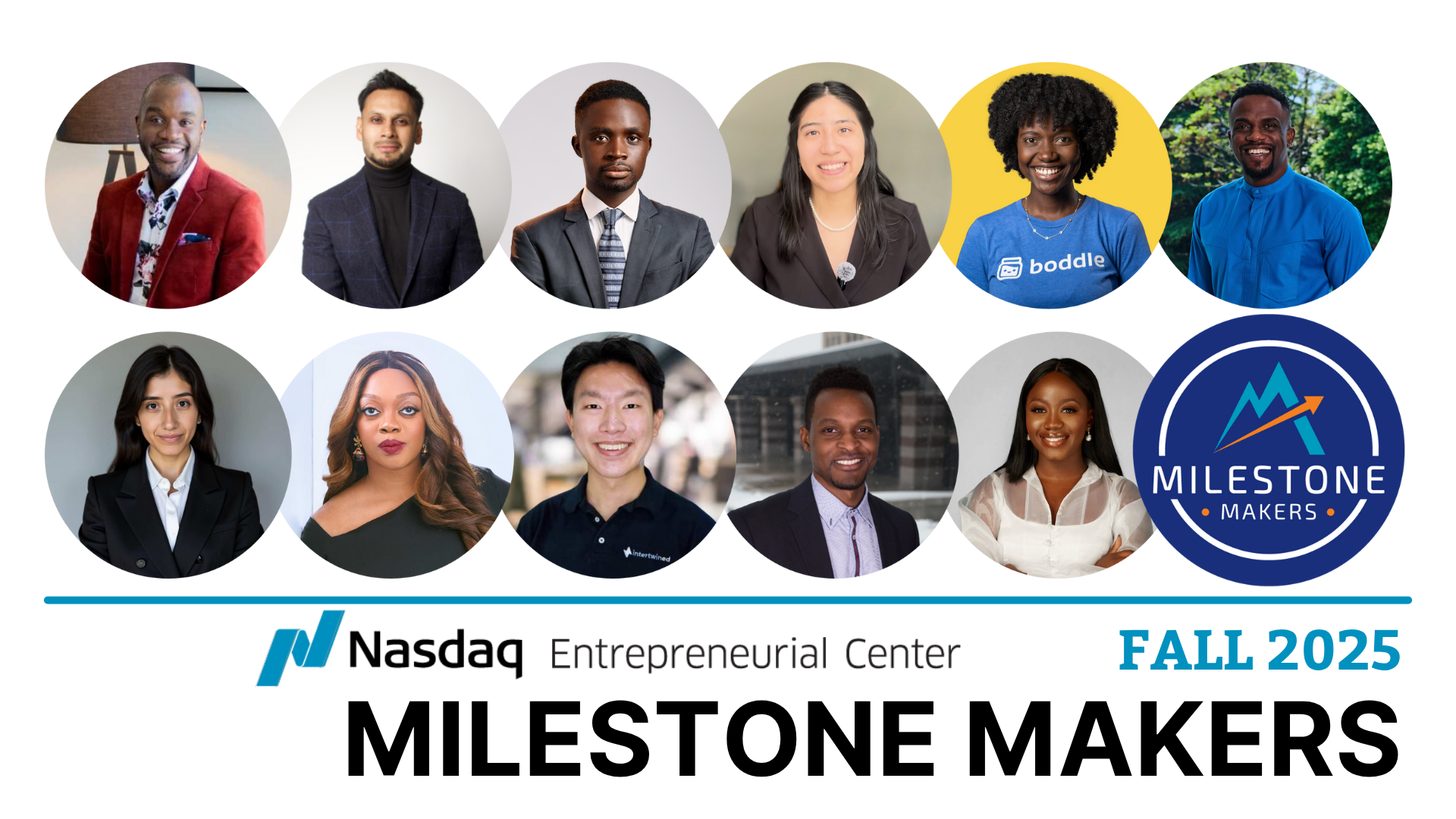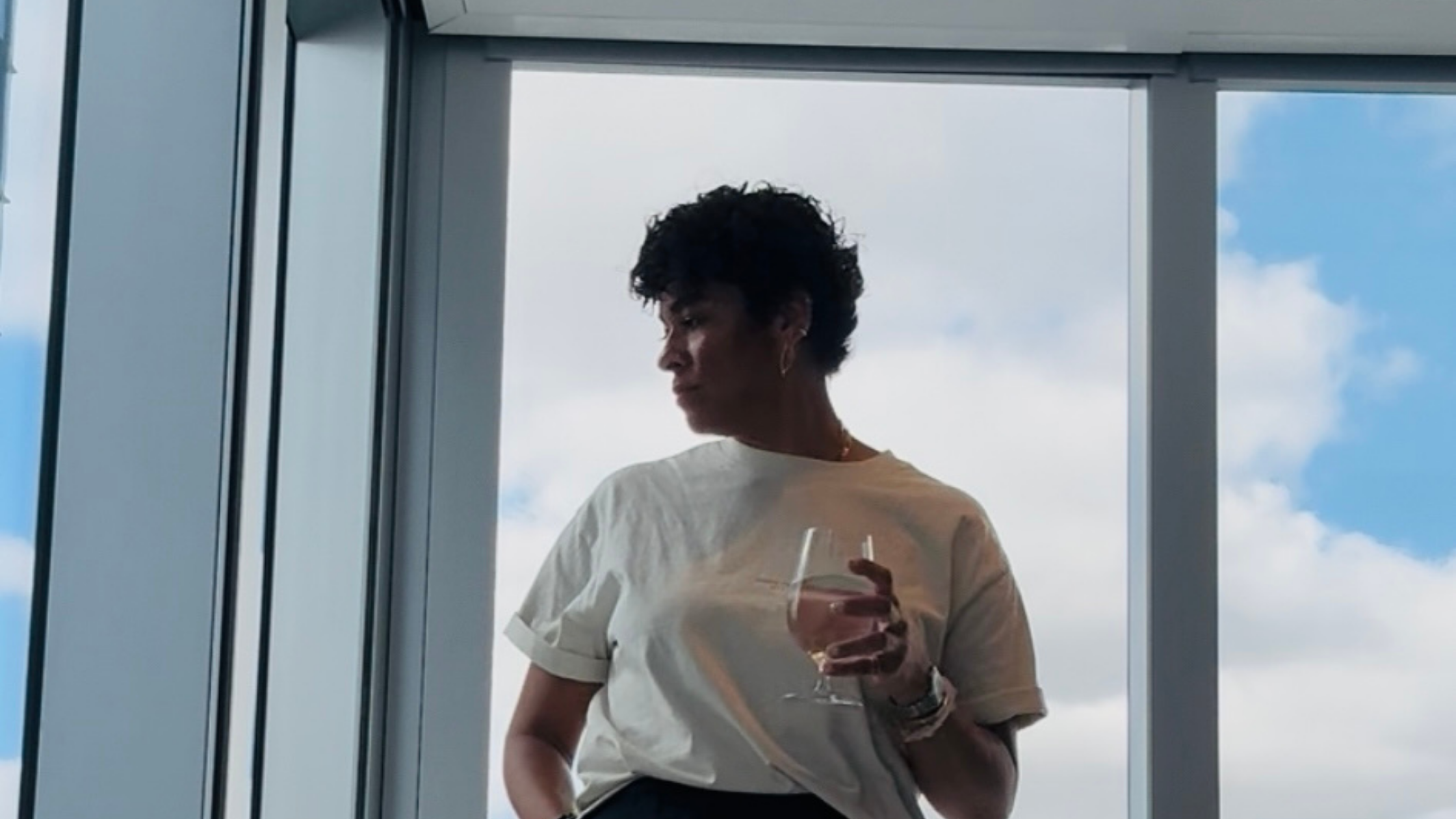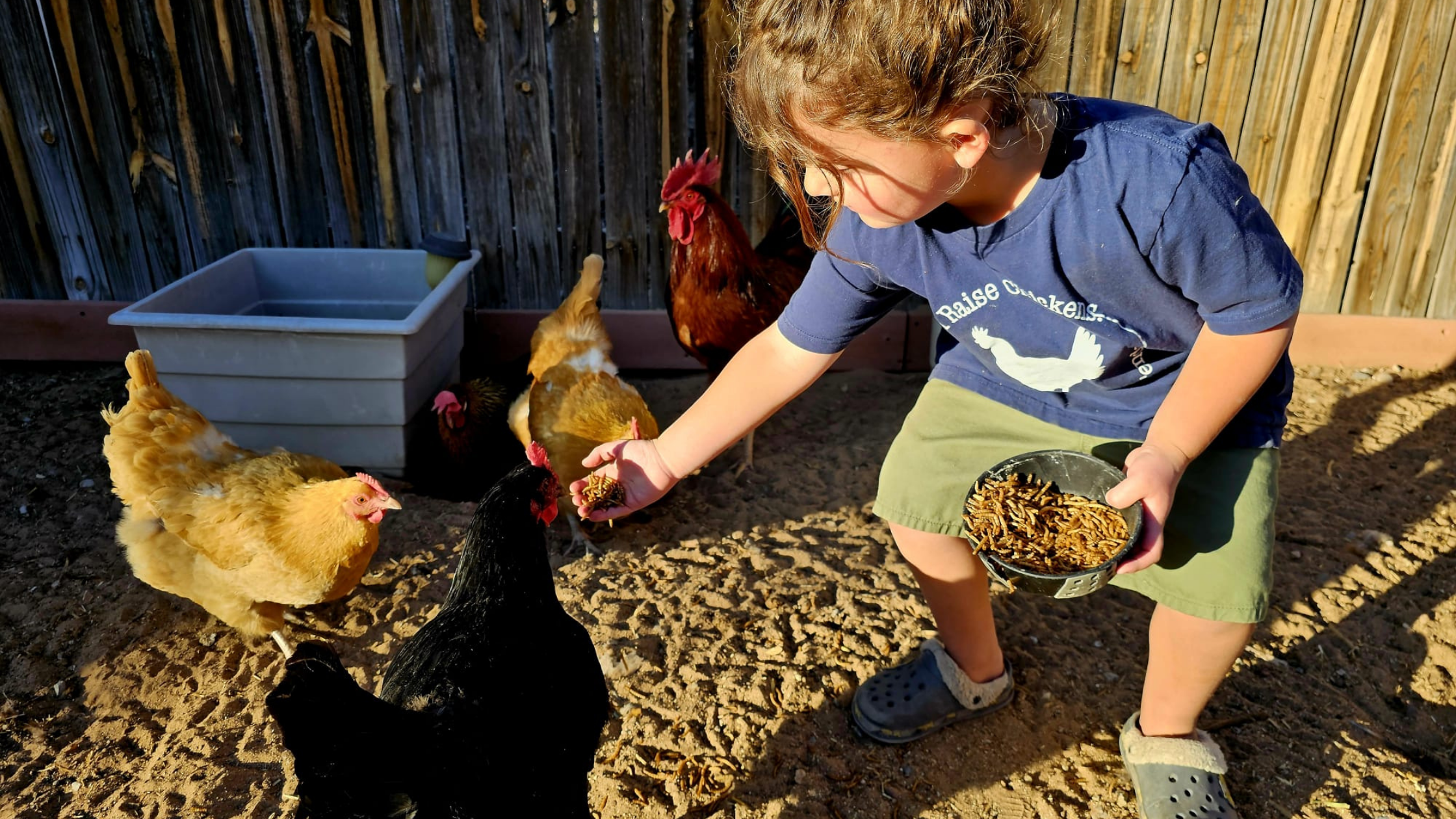Sonal Puri is the Founding Chief Executive Officer of Webscale, a cloud platform for modern commerce that offers security, predictive scalability and blazing-fast performance. The idea was developed by Jay Smith, founder and CTO, in 2013 and Sonal joined him in 2015 to reach product-market fit, raise money, disrupt multiple markets, and define the defacto standard for cloud delivery in commerce. Sonal also serves on Webscale’s Board of Directors. Sonal has more than 24 years of experience with internet infrastructure, across four startups and two public companies, in sales, marketing, corporate, and business development and channels. Before Webscale, Sonal was the Chief Marketing Officer at Aryaka Networks and headed corporate strategy for the Application Acceleration business unit and the Western US Corporate Development team at Akamai (Nasdaq: AKAM). Sonal also ran global business operations and alliances, as well as the acquisition of Speedera (AKAM). She has held additional key management roles in sales, marketing, and IT at Inktomi, CAS, and Euclid.
What does “entrepreneurship” mean to you?
 Sonal Puri: Entrepreneurship is the drive to create value for all the stakeholders associated with an enterprise. It is the need to build something that solves a real-world problem and there is a willingness to compensate the enterprise for solving that problem.
Sonal Puri: Entrepreneurship is the drive to create value for all the stakeholders associated with an enterprise. It is the need to build something that solves a real-world problem and there is a willingness to compensate the enterprise for solving that problem.
Tell us about your first experience with entrepreneurship.
SP: My entrepreneurship journey at the age of 17 in college. I designed and built models for structures that architects could use to present their vision to their clients. I created these models both, as computer-aided design models and physical models using paper, board, and glue. These models allowed architects to demand a higher value for their services and in turn, there was a willingness to pay large sums of money for the creation of these models. A win-win.
What is your company’s origin story? What is the biggest reason you started your business? What did those early days look like and teach you?
SP: Webscale was born in Boulder, Colorado as a follow-on work product to the Ph.D. thesis in distributed resource allocation by Jay Smith. I joined Jay in 2015 to build out the business and related operations. The early years were simple, and we had one purpose – product-market fit. We had a hand full of customers with similar challenges and they loved us. That customer commitment gave us the momentum to raise venture capital and build out the business to more than 900 customers today.
What do you wish you knew when you started? Is there anything you would do differently?
SP: The learning from seven years of being a CEO of a company from pre-product and 14 employees to tens of millions of recurring revenues, 900+ customers across thousands of stores, and four offices with 175 employees across two continents would warrant a book or two. There are many things I would do differently and most of all, I would remember to give more of myself to my family and friends and not compromise on the quality of life as much as I did. And encourage several people on my team to do the same.
What does “success” look like for you? We’d love to hear your biggest, boldest dream? What do you think will help you achieve it?
SP: To be true, success must be holistic across one’s personal, familial, professional, financial, and social lives. Achieving a balance of success comes one day at a time with hard work, focus, empathy, attention, and being kind to oneself. I have a lot to work on in each of these areas.
What is your superpower as an entrepreneur?
SP: My superpower is tinkering with product-market fit till I get it right. It stems from the fundamental focus on customer issues and their resolution, and I spend a lot of time with our customers and partners. Along with our teams, I have been successful at creating, marketing, and selling positive customer outcomes for four startups, each successfully defying statistics.
What are your personal driving principles, and your top values?
SP: Ambition for myself and everyone on my team, honesty, and transparency in all my actions. Your character is who you are when no one is watching, and your reputation is all you can truly own.
How have your personal principles and values shaped your company’s values and principles? Give us some examples.
SP: The Webscale values are published on our website. They were put together by the team early in our journey, so we could all embrace them and live by them. Each of them reflects my values as well. Today, Webscale is a sum of these values, and we are all the better for it. with
What’s it like to work alone or with your partners?
SP: I derive strength, energy, and inspiration from the people around me. Our executive team, employees, customers, partners, and other stakeholders. Working alone is great for the creation of some of the work products but most great outcomes are accomplished as a team by working together and collaborating.
Do you have a mentor? Tell us about what makes them valuable to you and your business?
SP: I have had many mentors throughout my life. In the early years, it was my parents and a handful of impactful teachers. Some peers were mentors as well at the beginning of my career. In senior leadership roles, my board members Jim and Anik, our founder Jay, my husband Gaurav, and our circle of women executives at Neythri, each provided a safe space in which to exchange views and review ideas.
What role does mentorship play in your world (as a mentor or mentee)?
SP: Having a mentor is invaluable as it gives you the privilege of someone with tremendous experience on your side who provides an alternative perspective. I have been lucky to have had great mentors throughout my career. As a mentor, I take my position as a CEO to empower other CEOs and especially women in my sphere to succeed. Sharing and learning from experiences are critical to the success of the startup ecosystem.
Have you raised outside capital so far?
SP: Yes, at Webscale we have raised significant venture capital adding up to $56M to date. Our latest round was Series C at $26M which closed at the beginning of 2021.
Venture capital, some growth capital, venture debt, and the availability of a revolving line to allow us to stretch if needed. Access to capital allows one to iterate within a new market and build the kind of disruptive company that can upend multiple billion-dollar existing industries.
Where do you meet investors?
SP: I live and work in Silicon Valley and am fortunate to be on the inside of the venture capital network. Being associated with four startups beginning in 1998 I have interacted in some capacity with most VC firms focused on enterprise networks, software, SaaS, and B2B investing.
How has your network helped you raise capital?
SP: Familiarity with Silicon Valley is not a requirement to fundraise but certainly makes the process more predictable for a first-time founder. Investors tend to invest in an idea, the potential market size, and the people behind the idea.
If you have chosen to fundraise, how long have you been in that process?
SP: Each time we fundraised at Webscale (and at Aryaka and Speedera) the process and the length of the process differed. For each round, the players varied to some degree. Early-stage, late-stage, and growth equity, each had their criteria for investing. The process took anywhere from three months to a year. We rarely went beyond the first two meetings with an investor we did not have a longer-term relationship. And there were many a no (some with reasons provided and others without) till we got to the one or more yes.
Many entrepreneurs continue to perfect their daily routines to support their work and greater vision; would you mind sharing your morning routine or a regular ritual that grounds your work each day?
SP: I wake up at 6.30 am, make a large pot of ginger chai for the whole family, get 15-30 mins on the treadmill in parallel, pack lunches for everyone, send our kids off to school and get to work anywhere from 8.30 am to 10 am depending on my meeting schedule. Lunch is usually a salad at our team lunch table where all topics are discussed, and it is a safe space. I attempt to keep my mornings and evenings free when possible. I return home on most days by 6.30 pm, spend time with the family, have dinner, clean up, and go for a long walk with my husband and our poodle Bella. We get back by 9 pm and I may restart work if required till 11 pm and go to bed by 11.30 pm.
What are you reading or have read?
SP: I read all kinds of books. Long plane rides demand good fiction like Robin Cook, John Grisham, and Lee Child. My bedside table has 3-4 books at any time that range from biographies to business books like Authentic Leadership by Bill George and more fiction. There is a book for every mood, and it needs to be of paper and print.
Where do you go for inspiration?
SP: To bed, into the shower, on a customer call, online to research, or a team meeting, and not always in the same order.
Do you have a favorite quote, mantra, or words of wisdom to get through the tough days?
SP: Startups are two steps forward, and one step backward on most days. There are exceptions in either direction. Setbacks and upsides are to be expected with a level head and without extreme reactions, surprise, or dismay. Celebrate the upsides and work through the setbacks. Showing up the day after significant setbacks is what defines entrepreneurship and leads to the best companies.
What is a problem that keeps you up at night?
SP: There is nothing that keeps me up at night. I am out from the moment my head touches my pillow till my alarm rings. With travel, even jetlag tends to leave me alone.
What do you think about helping others through your work?
SP: There are many ways to support others in their parallel journeys. Our teams and their personal and professional goals need to be considered and supported. Our customers and their business goals need to be addressed as a key priority. Our peers and other entrepreneurs in the industry need to have access to us and our playbooks within reason. Our children and their friends need career advice, college support, internships, and role models. And our families and social networks need our mindful involvement to continue building our lives and our communities.
What advice do you have for fellow (and aspiring) entrepreneurs building and leading teams?
SP: First and foremost, are you sure you want to be an entrepreneur? Secondly, what is your reasoning to go down this path? If it is purely financial, think again. Thirdly, are you prepared to commit to this path for the next 5 years of your life — physically, emotionally, and financially? What are the areas you would need to compromise on? And lastly, do you have the support of your resources, your partner, and your family through the ups and downs?
What kind of an entrepreneur do you want to be known as – as in, what do you want your legacy to be?
SP: An authentic leader. The kind of leader that helps build tremendous value for employees, their careers and their families, customers and their businesses, investors and their investments, and my immediate and extended family and their lives.
Do you have someone you’d like to nominate to be profiled in our Faces of Entrepreneurship series? Please let us know by emailing media@thecenter.nasdaq.org or submit your nomination using this form.




